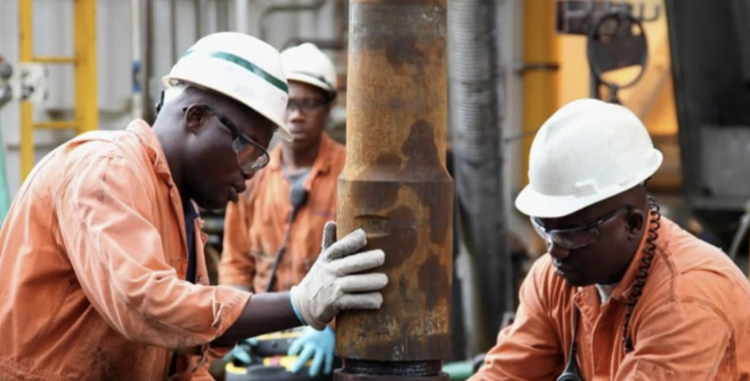"Due to extensive maintenance operations in the first quarter of 2023, cumulative oil production in the first half of this year is 7.5 percent above production in the same period last year", write the analysts in the note that points to an increase in production in the order of 3 percent this year.
“We currently forecast oil production to rise 3 percent to 1.16 million barrels per day in 2024, up from the 1.13 million produced daily last year,” write analysts from the Africa department of consultancy Oxford Economics.
In the note sent to customers and to which Lusa had access, Oxford Economics says that "although Angola is no longer limited to the Organization of Petroleum Exporting Countries (OPEC) targets, it is likely that there will be losses in production due to maintenance and depletion of older wells".
However, they add, the entry into operation of Phase 3 of the CLOV Project, by TotalEnergies, at the end of this year, could increase production by 60 thousand barrels per day, but not immediately, and oil exports could also receive a boost when the Cabinda refinery comes into operation in November.
Angola's oil production fell slightly in June, around 40 thousand barrels per day, to 1.14 million, according to data from the International Energy Agency (IEA), remaining slightly above the limit imposed by the Agency, and which led Angola leaving the cartel, after 16 years of presence, in December last year, because it did not agree with the limitation.
In March, Angola's Secretary of State for Oil and Gas, José Barroso, said the country's production target was 1.1 million barrels by 2030, hoping that the new wells would compensate for the 15 percent annual reduction in older wells.
Back in June, the Minister of Mineral Resources, Oil and Gas stated that Angola's efforts are currently not focused on increasing oil production, but rather on maintaining it at around one million barrels per day.
"Our big fight now is not to increase production, it is to stabilize production at a million or so [barrels]", said Diamantino Azevedo on June 11, when responding to deputies of the Economy and Finance Commission of the National Assembly, in a parliamentary hearing to address the situation in the sector he heads.
The government official explained that the decline in production that Angola has been experiencing for a few years is "natural", due to the lack of investment and capacity to find new wells that compensate for the natural decline in older wells.







